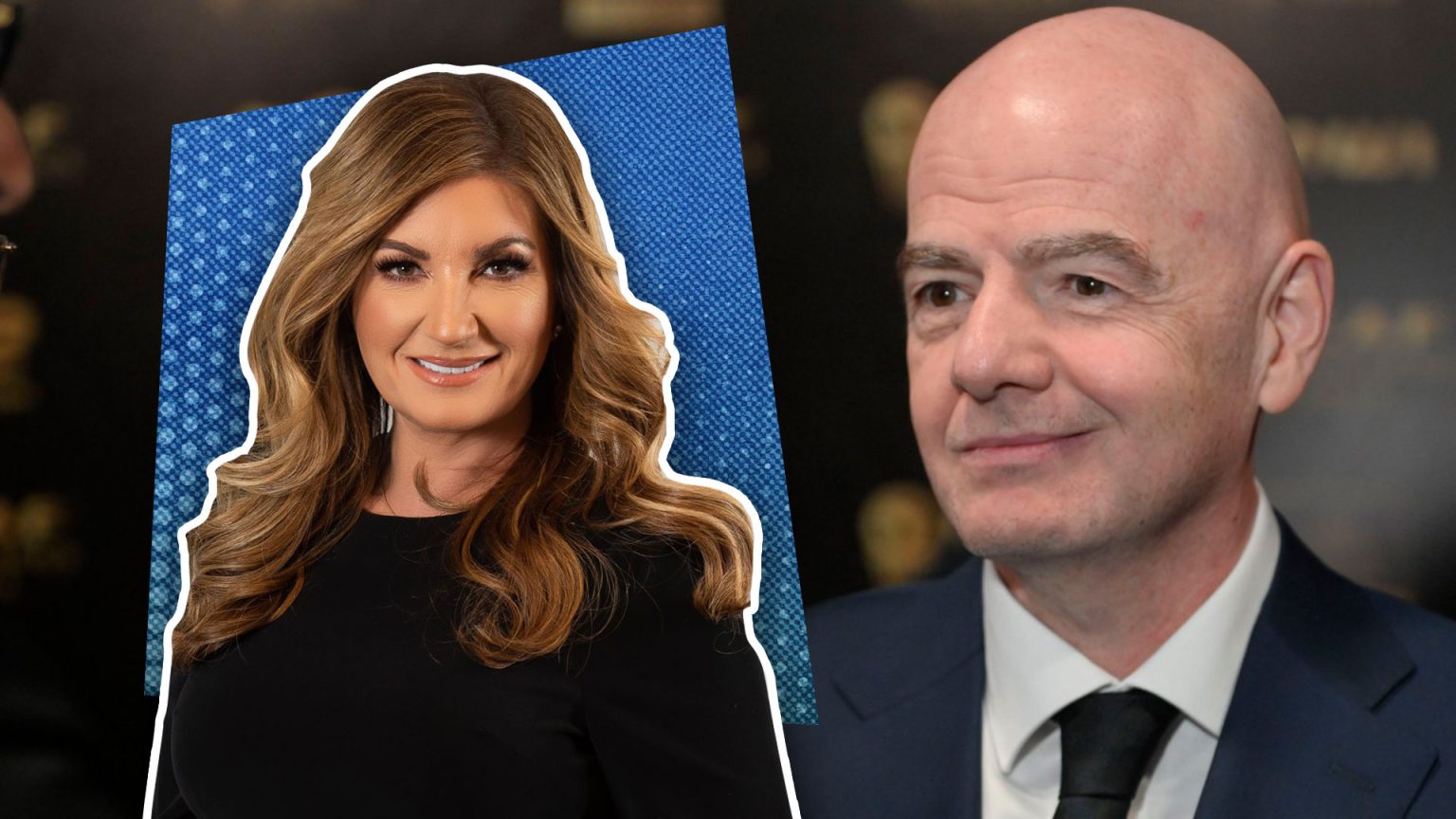The influx of capital from Gulf states has dramatically reshaped the landscape of the Premier League, raising questions about the long-term implications of this financial influence. While the immediate on-field impact of this investment at Manchester City and Newcastle United hasn’t been overwhelmingly dominant, the underlying concerns about state-owned clubs persist. The debate revolves around the ethical implications of accepting funding from nations with questionable human rights records, particularly concerning LGBTQ+ rights. The proposed Parliamentary Bill aims to address this issue, but progress has been slow, leaving key questions unanswered and clubs awaiting clarification on the future regulatory framework.
The controversy surrounding state-backed football ventures extends beyond the Premier League to the international arena. The awarding of the 2034 World Cup to Saudi Arabia, achieved without thorough scrutiny from FIFA’s member federations, has drawn criticism. Concerns echo the controversies surrounding the 2022 World Cup in Qatar, where alleged human rights abuses, including the deaths of migrant workers, cast a shadow over the event. Critics argue that FIFA President Gianni Infantino’s actions, including his preemptive securing of the Saudi bid and his controversial statements on social issues, demonstrate a disregard for human rights concerns and a prioritization of political expediency. His dismissive attitude towards women’s rights issues further fuels this criticism.
While Manchester City and Newcastle United may not directly engage with FIFA’s practices, the Premier League faces the challenge of balancing foreign investment with ethical considerations. The league already enforces financial regulations on transfers and wages, and further scrutiny of ownership structures is anticipated. The current landscape sees a diverse range of investors, including American, Chinese, Pakistani, Thai, Greek, and English entities, owning Premier League clubs. However, the unique nature of ownership by Gulf state royalty, without traditional corporate structures, raises distinct questions about accountability and transparency.
Gianni Infantino’s leadership at FIFA has been marked by controversy and a perceived consolidation of power. His unilateral decisions, such as expanding the Club World Cup and rescheduling it to conflict with established competitions, have strained relationships with other football governing bodies like UEFA. Critics argue that Infantino operates autocratically, prioritizing his own agenda and FIFA’s financial interests over the concerns of member associations and the broader football community. His substantial salary increase and tax-free residency in Florida have also raised eyebrows, contributing to the perception of self-serving leadership.
The upcoming Club World Cup, scheduled for the summer of 2024 in the United States, exemplifies Infantino’s ambitions and his willingness to disrupt the established football calendar. The tournament’s expanded format and its encroachment on the traditional close season have generated concerns about player welfare and the potential devaluation of other competitions. Chelsea and Manchester City, representing the Premier League based on their Champions League success, will participate in this expanded tournament, facing the challenges of a demanding schedule and the heightened pressure of representing their league on a global stage.
The confluence of Gulf state money, FIFA’s controversial decisions, and the evolving regulatory landscape creates a complex and uncertain future for football. The ethical dilemmas surrounding state ownership, the potential for human rights abuses, and the concentration of power within FIFA raise fundamental questions about the governance and direction of the sport. As the Premier League and other football organizations grapple with these challenges, the balance between financial interests, ethical considerations, and the long-term well-being of the game remains a central concern.











